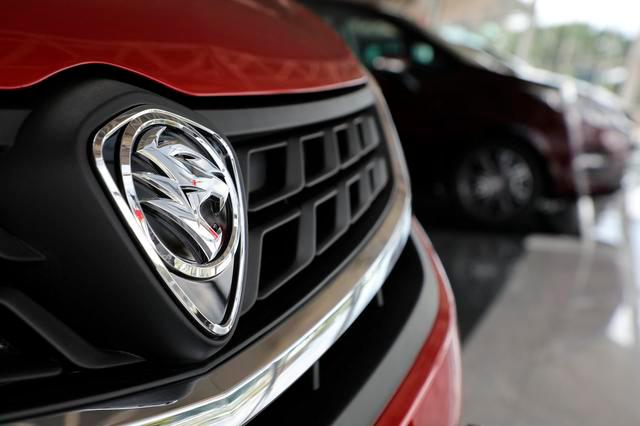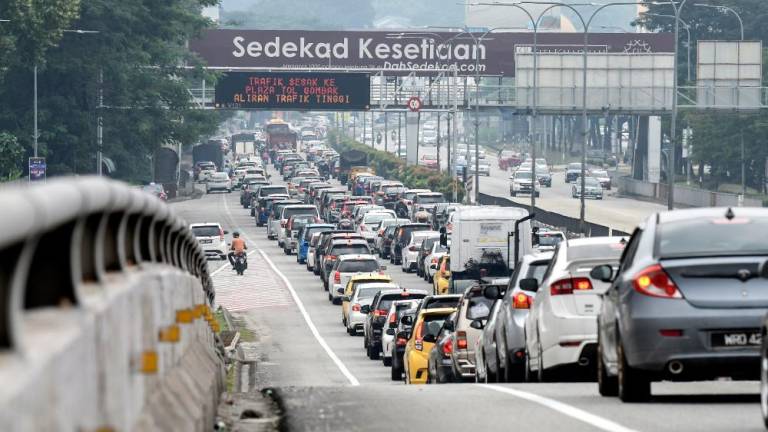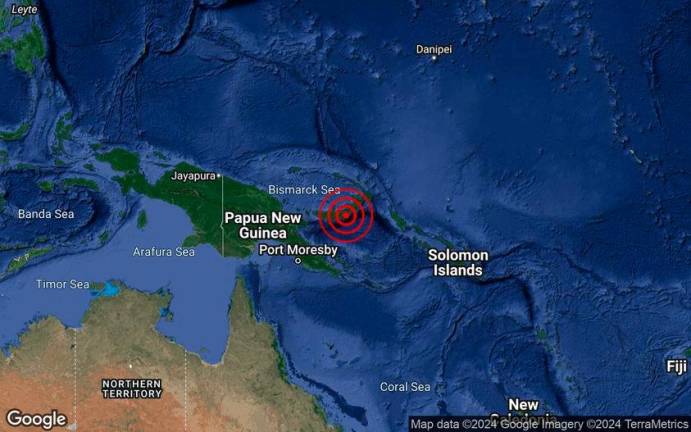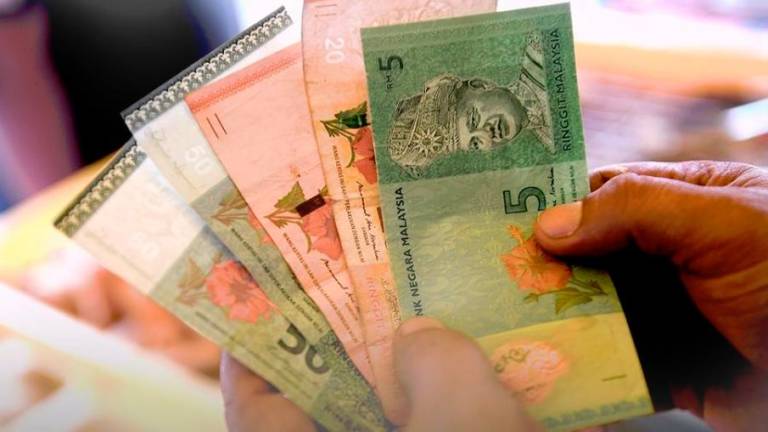PETALING JAYA: The sales tax holiday is expected to translate into a recovery sales volume for a stronger automotive sector earnings delivery quarter on quarter (qoq) in 3Q’20, according to a report from CGS-CIMB.
In October, total industry volume (TIV) grew marginally to 56,670 units from 56,444 units reported in the previous month due to new model launches such as Honda City and Proton X50 and ongoing promotional campaigns by dealerships.
The month saw a 0.7% higher demand for passenger vehicles, while commercial vehicles saw a 2.9% decline in demand from the previous month.
The Malaysian Automotive Association anticipates a TIV decline in November from the reduced footfalls to automotive showroom, in line with the full month impact from the implementation of conditional movement control order for all states in Peninsular Malaysia (except Perlis, Pahang and Kelantan).
For 2021, MAA projected the TIV to increase to 550,000 units from an expected 470,000 units in 2020F driven by new model launches and ongoing promotional campaigns by the dealers.
“We expect TIV to rise by 14% to 570,000 in 2021F driven by stronger demand for national brands; Proton and Perodua on the back of new model launches such as X50 and Perodua’s new compact SUV, D55L,” said CGS-CIMB.
It also foresees a stronger recovery from Japanese marques driven by new launches such as Honda City, Nissan Almera and Toyota Yaris facelift.
Meanwhile, Fitch Solutions believes Malaysia is well positioned to move up the automotive value chain as a strong focus of the country’s newly revised automotive policy puts more emphasis on high-tech automotive solutions.
It noted that the latest iteration of Malaysia’s National Automotive Policy (NAP2020) marks a significant leap from previous policy revision as it focuses on digital transformation of the country’s automotive industry.
Among the technological trends that have been identified by the government to shape the industry over the next decade are autonomous vehicle technology, big data analytics and artificial intelligence and others.
“We therefore believe the step taken by the Malaysian government to prioritize more tech-oriented automotive activities will provide sufficient competition to its regional peers as a tech hub for the automotive industry’s shift towards digital transformation,” said the research arm of Fitch Ratings.
It also opined that Malaysia has a solid foundation in promoting this new high-tech vision of its automotive industry with the potential to elevate the country’s automotive industry in the value chain.
It pointed out that the country performs particularly well under the country rewards pillar of its Autos Production Risk/Reward Index which measures the relative attractiveness of a market for automakers to establish a production base, as it outperforms regional peers under all four indicators; labour force size, labour cost, cost and availability of utilities as well as manufacturing capabilities.













